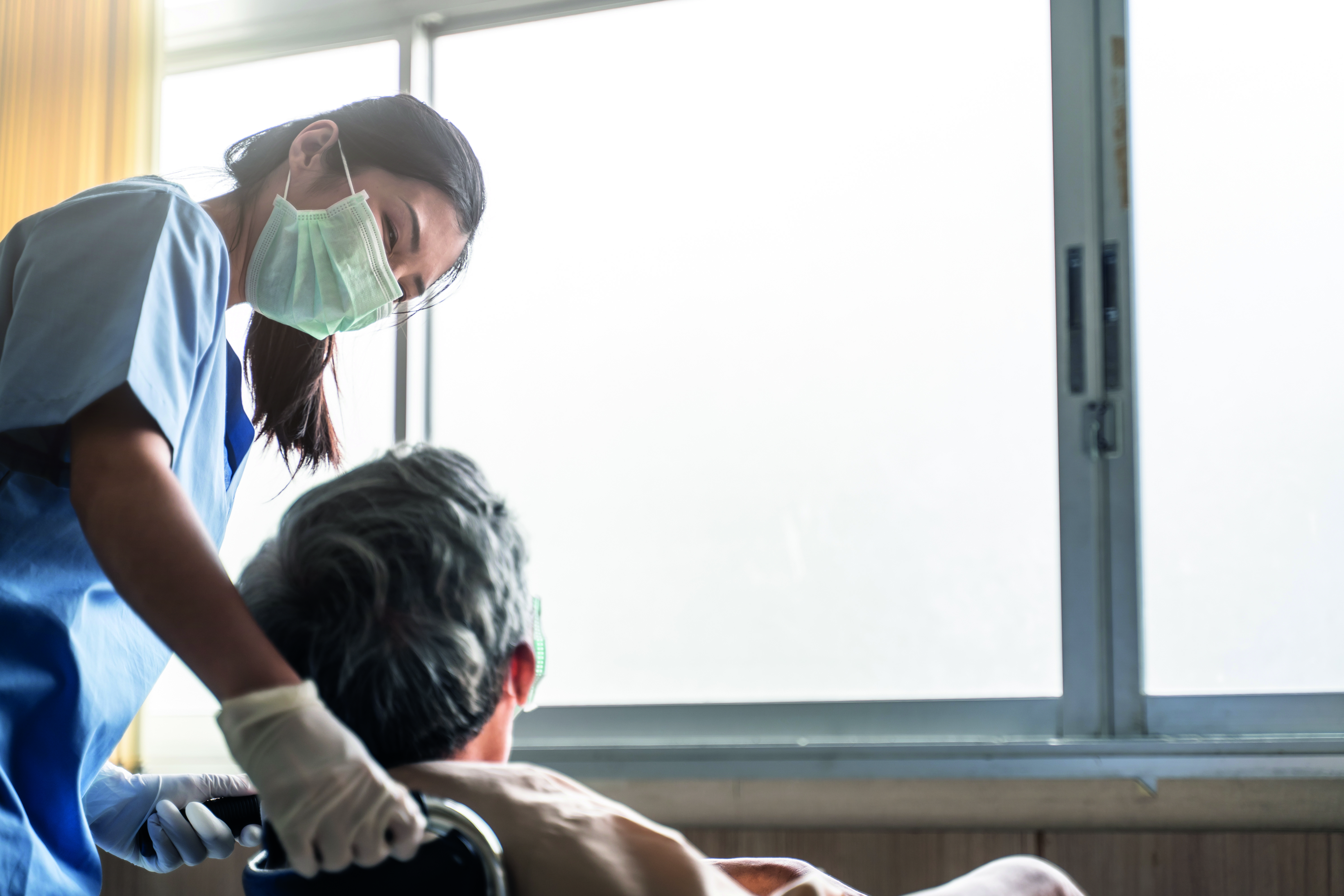Lifestyleadjustments forced from necessity often provide us with strategies forimprovement and a safer future as our strong inherent instinct for survivalencourages us to adapt to the situation we find ourselves in. With this inmind, the remarkably fast development of the Covid-19 vaccines and the rapidNHS roll-out of the vaccination programme across the UK makes this a good timeto review our next course of action to ensure the country’s recovery — and mostimportantly, the health and wellbeing of our key healthcare workers to whom weowe so much — by stopping to analyse the impact of our attitudes and behaviourin the clinical environment.
Having visited many hospitals in my line of work andobserving the degree of human traffic through them, it seems clear that wearinga face mask should in future remain as a standard requirement in the post-Covid19 pandemic environment. Alongside, this should be complemented with handhygiene protocols to eliminate the spread of pathogenic viruses and bacteria(such as pseudomonas bacteria and hospitalacquired bacteria).
Protecting the vulnernable

Itis crucial that we particularly ensure the continued protection of the mostvulnerable patients, such as those that are immuno-suppressed. We must continueto advocate the importance of hygiene and correct behaviour especially inhealthcare environments. It is not necessarily the obvious dangers that maykill or make us ill, it is often our behaviour, misunderstanding or oversightthat can present the most danger, especially when we are dealing withpathogenic microorganisms.
Therefore:
- We need to continue to emphasise and educate those who attend hospitals (both patients and visitors) to recognise that clinical areas are designed to receive and treat vulnerable people—so that there is instinctive recognition of the importance of wearing a facemask to protect themselves and others
- Likewise, the importance of strict hand hygiene when entering clinical facilities should continue to be highlighted. Adherence to infection prevention by maintaining hygiene control practices is essential in providing safe and high-quality patient care across all settings. Pathogenic organisms carried on hands are easily eliminated by carrying out correct hand washing with soap and water. Where hand washing is not possible an alcohol-based hand sanitiser is an acceptable method for cleaning hands that are not visibly dirty.
While the SARS-CoV-2 coronavirus pandemic has infected atleast 67 million people and killed 1.5 million worldwide, a positive unexpectedconsequence of the responses intended to fight the pandemic — from temporarylockdowns to mask wearing, social distancing, enhanced personal hygiene andreduced travel — has been a major reduction in levels of many common seasonalinfections. A particular example is the observation of a relatively low numberof flu cases — and there has also been a huge impact on other commonrespiratory illnesses (pseudomonas in lungs).
This fact alone should encourage a change in our behaviour to adopt a different outlook on healthcare environments.
*Situation at time of going to press
To find outmore about the post-pandemic healthcare environment – download your free copyof our Looking Deeper 10th Journal here: https://www.idealspec.co.uk/resources/whitepapers.html